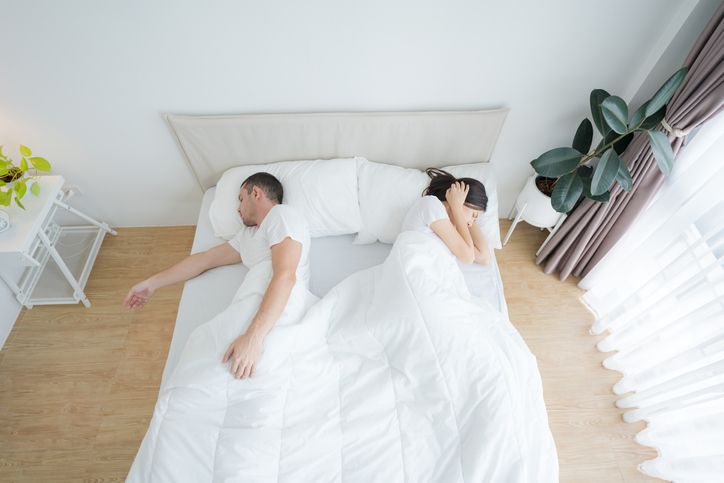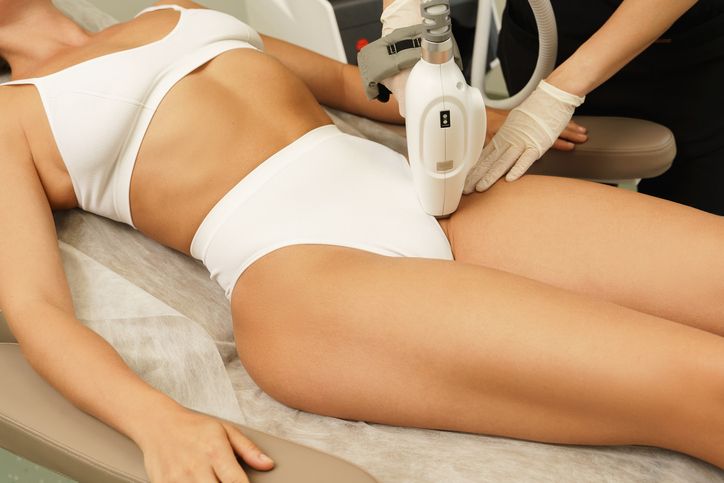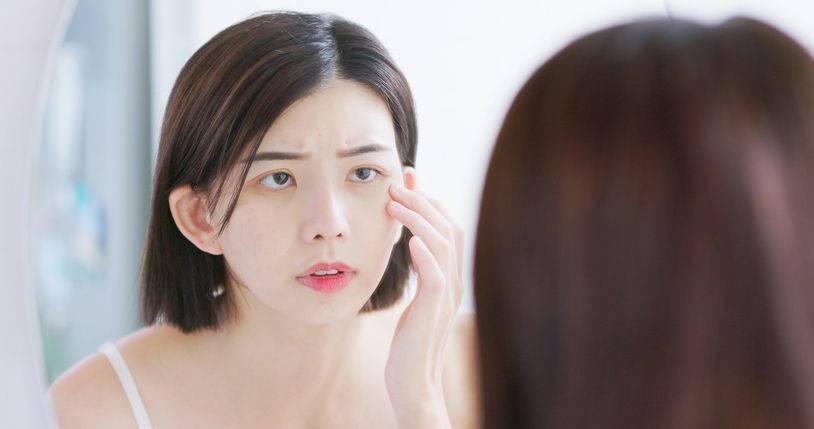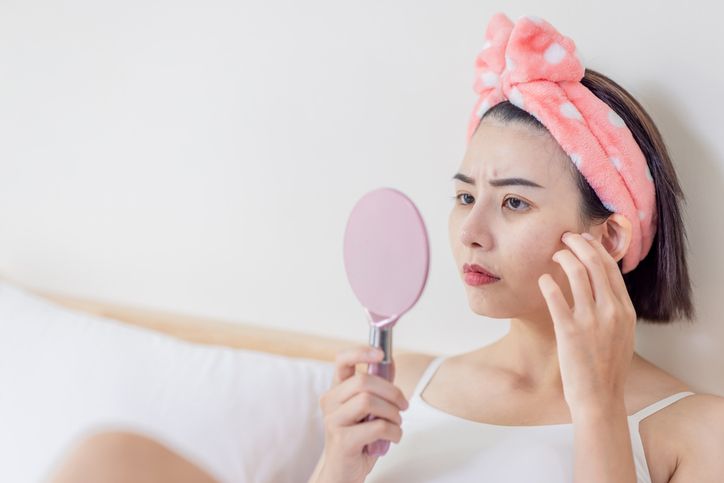- Home
- Trend
- Weight Loss Strategies
- Acne Tips
- Hair Health Information
- Blemish Removal Tips
- Acne Scar Removal Tips
- Muscle Building Techniques
- Intimate Care Tips
- Postpartum Intimate Care
- Eye Bags Wiki
- Tips for Face Slimming
- Secret of Permanent Hair Removal
- Breast Enlargement Tips
- Cure to Snoring
- Marionette Lines
- Skin-Tightening Secrets

免費體驗
Acne Treatment
1 Minute Self-Registration
Date should not be before minimal date
Chin acne is a prevalent skin concern that affects many individuals, often leading to both physical discomfort and emotional distress. Understanding the underlying causes and exploring effective treatment strategies are crucial in managing this condition effectively. This guide delves into the various aspects of chin acne, offering insights and recommendations for those seeking clearer skin.
1
What is Considered As Chin Acne?
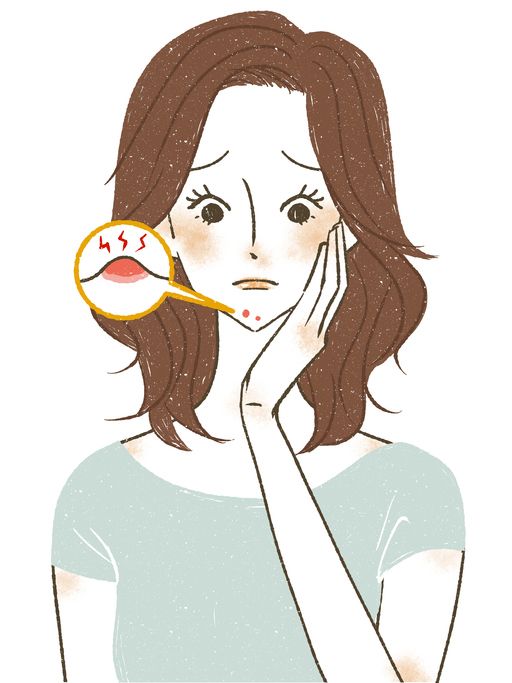
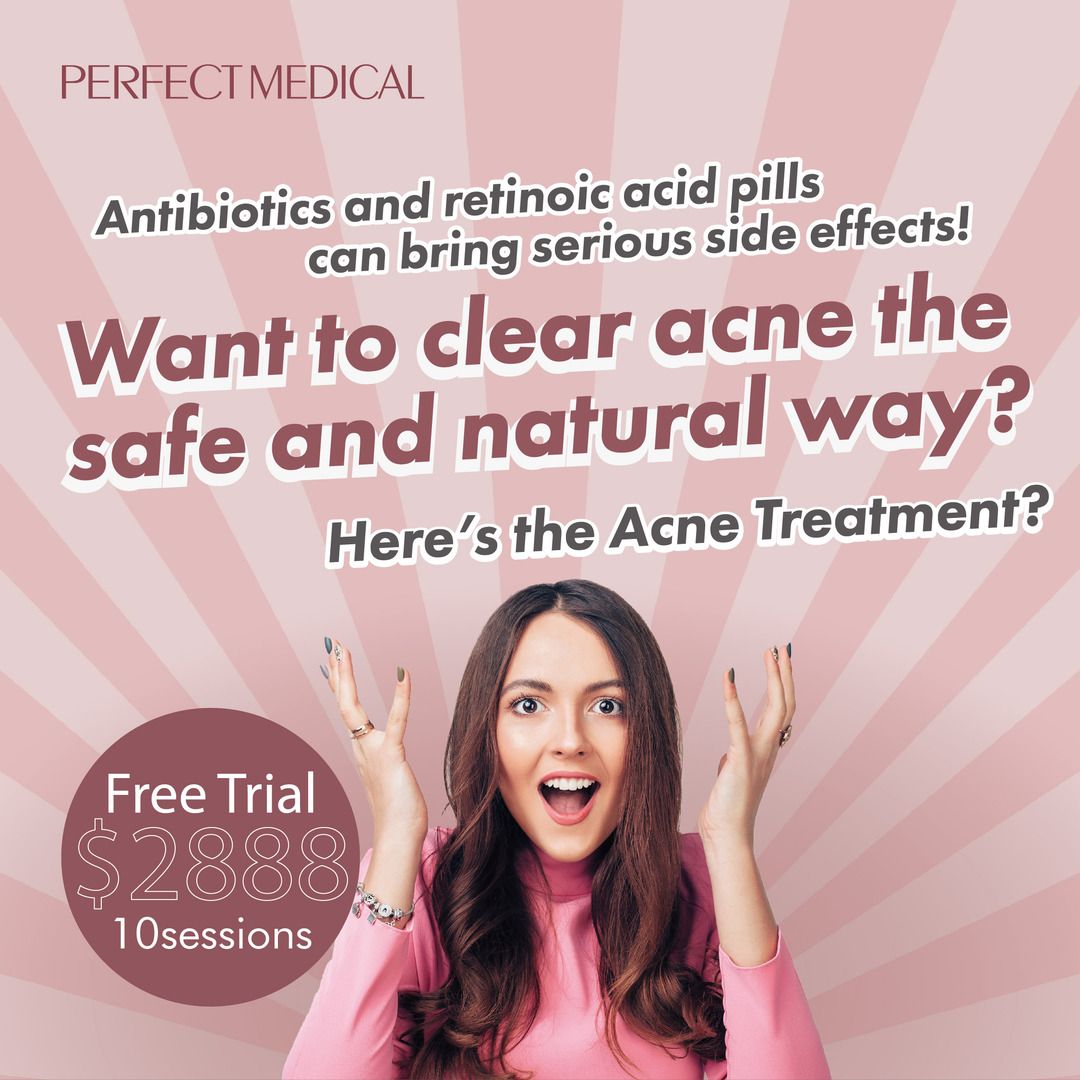
2
Why Would Someone Get Chin Acne in Singapore?
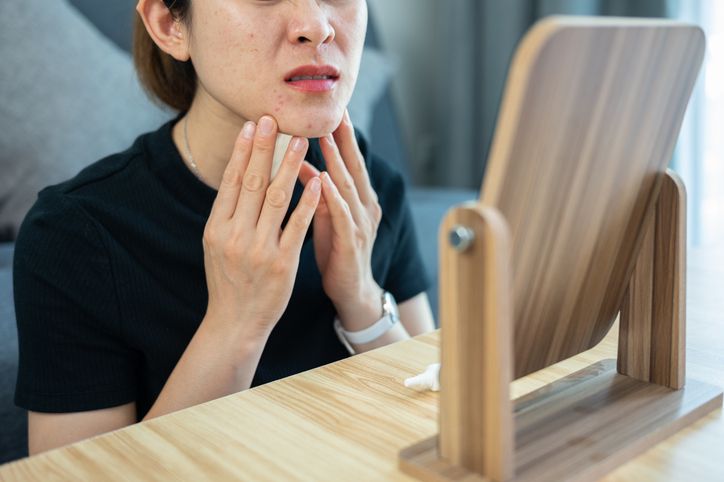
Hormonal Fluctuations
Excess Oil and Dead Skin Cells
Lifestyle Factors
Environmental Factors
Genetic Predisposition
Touching or Picking at the Skin
Medications and Medical Conditions
- Experience Fungal Acne Recently? Learn The Causes, Symptoms, and Effective Treatments
- Acne Treatments: Benefits and Side Effects!
- Avoid Foods That Can Cause Acne: The Ultimate Guide to Acne-Free Complexion
- What is Milia? Detailed Guide: Appearance, Formation, Comparison to Blackheads and Whiteheads, and Effective Solutions for All Skin Types!
3
What Can Happen If You Let These Chin Pimples Be or Irritate Them?
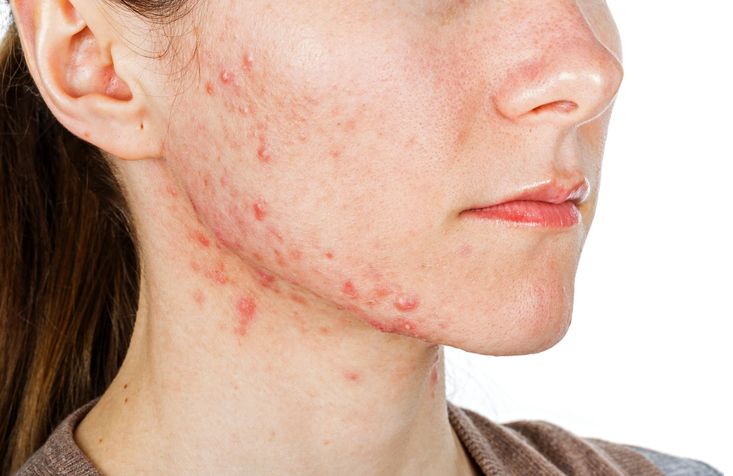
1. Worsening of Acne
2. Infection and Increased Inflammation
3. Scarring
4. Hyperpigmentation
5. Delayed Healing
6. Psychological Impact
7. Spread of Acne

4
Get Rid of Chin Acne With These 5 Methods!

1. Topical Treatments and Oral Antibiotics
2. Birth Control Pills or Hormonal Medications
3. Chemical Peels
4. Light Therapy
5. Microdermabrasion
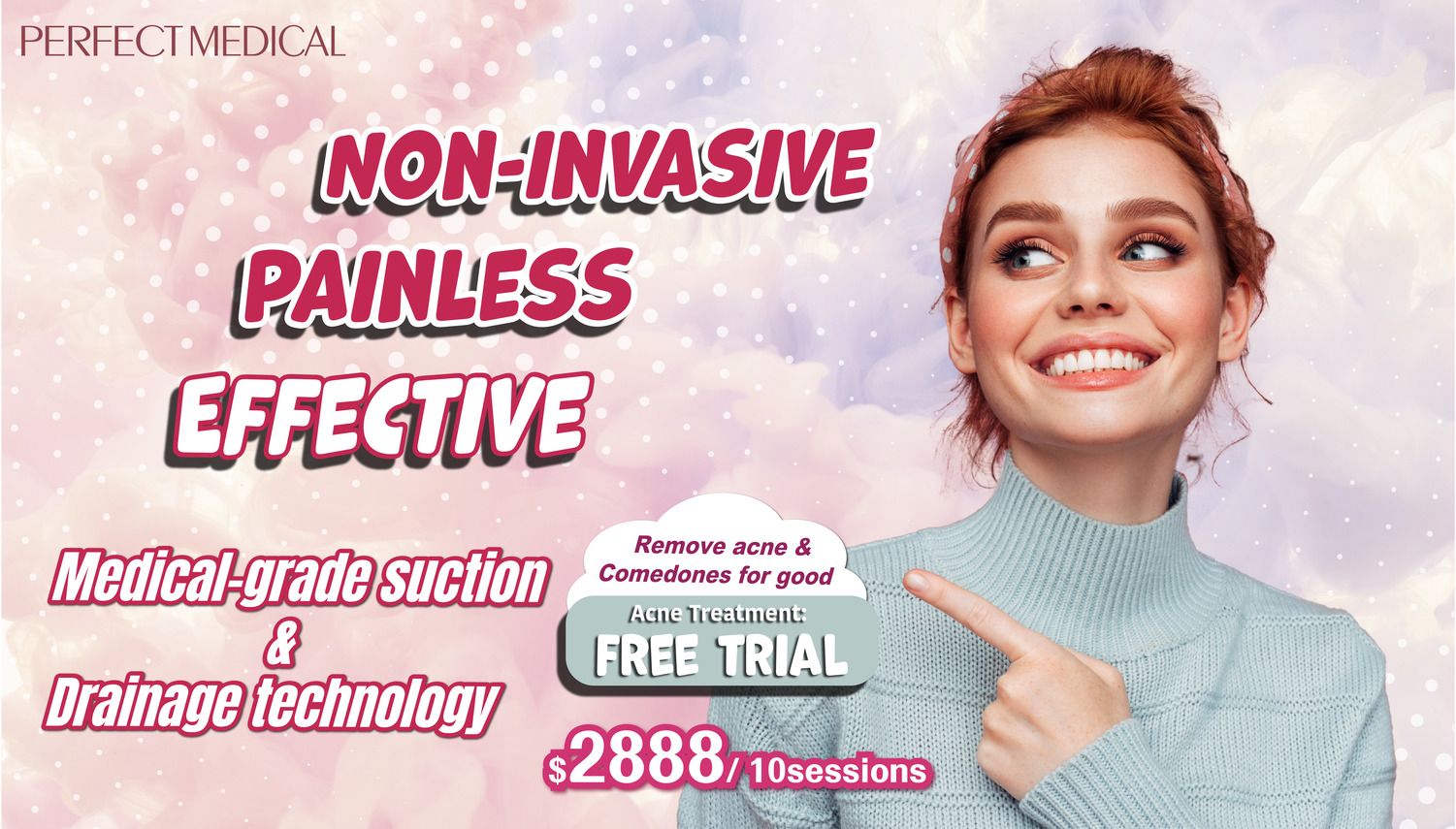
免費體驗
Acne Treatment
1 Minute Self-Registration
Date should not be before minimal date
5
Closing Thoughts

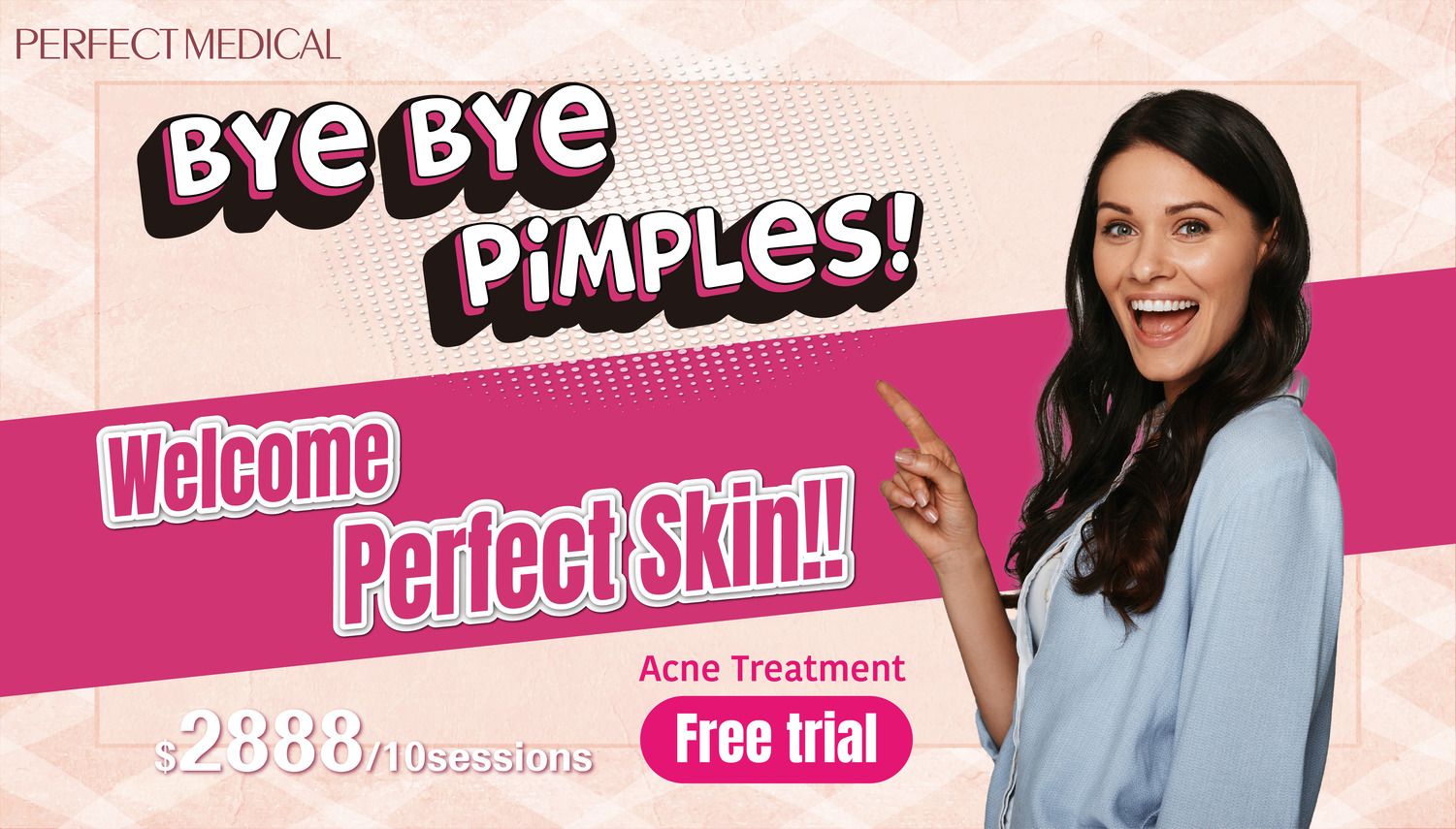
免費體驗
Acne Treatment
1 Minute Self-Registration
Date should not be before minimal date
FAQ

1. Why are my chin breakouts primarily around my oil glands, and how can I prevent acne in this area?
Chin breakouts often occur around oil glands due to the higher concentration of these glands in that area. To prevent acne, maintain a consistent skincare routine that includes gentle cleansing and the use of non-comedogenic products. Regular exfoliation can also help to keep the pores clear. If the breakouts persist, consider consulting a dermatologist who may recommend treatments like topical retinoids.
2. What skincare routine should I follow to get rid of chin acne, especially if I have oily skin?
To get rid of chin acne, start with a gentle cleanser to remove excess oil without stripping the skin. Use a light, oil-free moisturiser to maintain hydration. Incorporating a product with salicylic acid can help unclog pores. If your acne is persistent, consider using topical retinoids as part of your nighttime routine. It's also important to avoid picking or squeezing pimples to prevent scarring.
3. Can adult acne around the chin be related to oil gland activity, and what acne treatments are effective?
Yes, adult acne, particularly around the chin, can be influenced by oil gland activity. Effective treatments for adult acne include topical retinoids, which help regulate skin cell turnover and reduce oiliness. Additionally, hormonal treatments or oral medications might be beneficial, especially if the acne is persistent. It's always best to consult with a dermatologist for a tailored treatment plan.
4. I've been struggling with chin breakouts as an adult. How can a skincare routine help, and what specific products should I use?
A targeted skincare routine can significantly help with adult chin breakouts. Opt for a gentle cleanser, an alcohol-free toner, and a non-comedogenic moisturiser. Products containing salicylic acid or benzoyl peroxide can be particularly effective in treating chin acne. For more persistent cases, consider adding a topical retinoid to your routine. Remember, consistency is key in any skincare routine.
5. What are the best ways to prevent acne, particularly on the chin, for someone with overactive oil glands?
To prevent acne on the chin, especially for those with overactive oil glands, it's crucial to maintain a balanced skincare routine. This includes using a gentle cleanser to remove excess oil and impurities, applying non-comedogenic moisturisers, and using products with salicylic acid or benzoyl peroxide to keep pores clear. Regular exfoliation can help, but be careful not to overdo it. For more severe cases, topical retinoids prescribed by a dermatologist can be effective. Additionally, managing stress and maintaining a healthy diet can also play a role in preventing acne.






